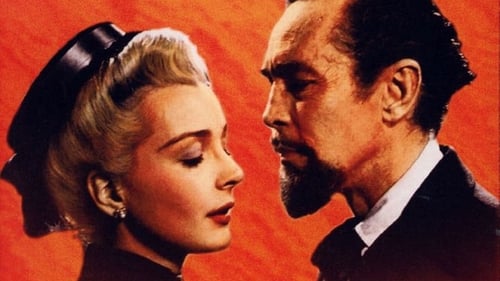
Serebriakoff
A country doctor (Franchot Tone) loves but cannot have a professor's wife (Clarence Derwent) in Chekhov's play set in czarist Russia.
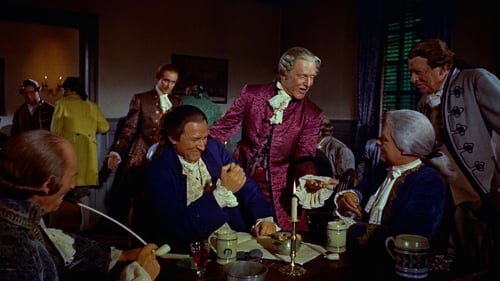
Lord Botetourt
Williamsburg: the Story of a Patriot tells the story of Virginia's role in American Independence (up to the point of voting to propose independence at the Second Continental Congress), from the point of view of John Fry (played by a young Jack Lord), a fictional Virginia planter elected to the House of Burgesses.
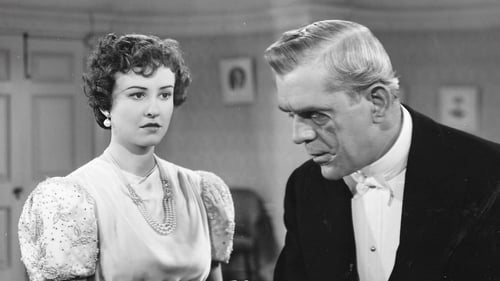
Milkman
During WWI pretty German master spy Helene von Lorbeer is sent undercover to London to live with the family of a high-placed British official where she is to rendezvous with the butler Valdar, also a spy, and help him transmit secret war plans back to Germany.
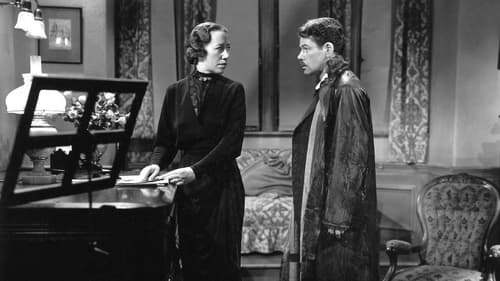
Stage Manager
A British doctor and his son's Austrian governess have an affair and are accused of killing his wife.
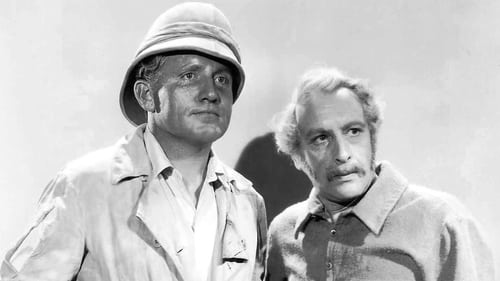
Sir Francis Vane
When American newspaperman and adventurer Henry M. Stanley comes back from the western Indian wars, his editor James Gordon Bennett sends him to Africa to find Dr. David Livingstone, the missing Scottish missionary. Stanley finds Livingstone ("Dr. Livingstone, I presume.") blissfully doling out medicine and religion to the happy natives. His story is at first disbelieved.
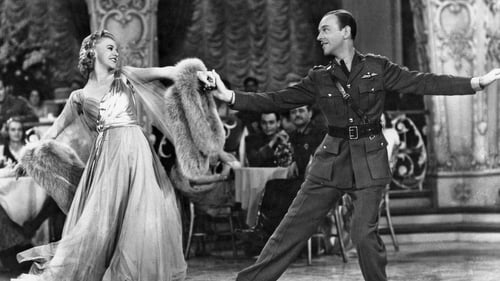
Papa Louis
In 1911, minor stage comic, Vernon Castle meets the stage-struck Irene Foote. A few misadventures later, they marry and then abandon comedy to attempt a dancing career together. While they're performing in Paris, an agent sees them rehearse and starts them on their brilliant career as the world's foremost ballroom dancers. However, at the height of their fame, World War I begins.

Rosenbach
In this crime drama, a Prague DA must close down a house of prostitution masquerading as a cafe. He sends the owner's daughter to a nurse's home until her mother is released. When the happy day comes, he goes to visit them, but is attacked by the doorman, who is in love with the daughter and jealous of the DA. The DA kills him in self-defense but is acquitted when the daughter delivers a highly emotional speech professing her love for him.
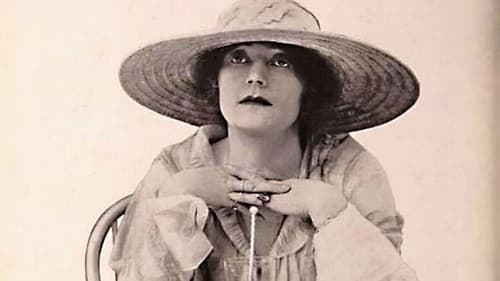
The Bank Clerk
The story of six affairs of the heart, drawn from controversial feminist author Mary MacLane's 1910 syndicated article(s) by the same name, later published in book form in 1917. None of MacLane's affairs - with "the bank clerk," "the prize-fighter," "the husband of another," and so on - last, and in each of them MacLane emerges dominant. Re-enactments of the love affairs are interspersed with MacLane addressing the camera (while smoking), and talking contemplatively with her maid on the meaning and prospects of love.







